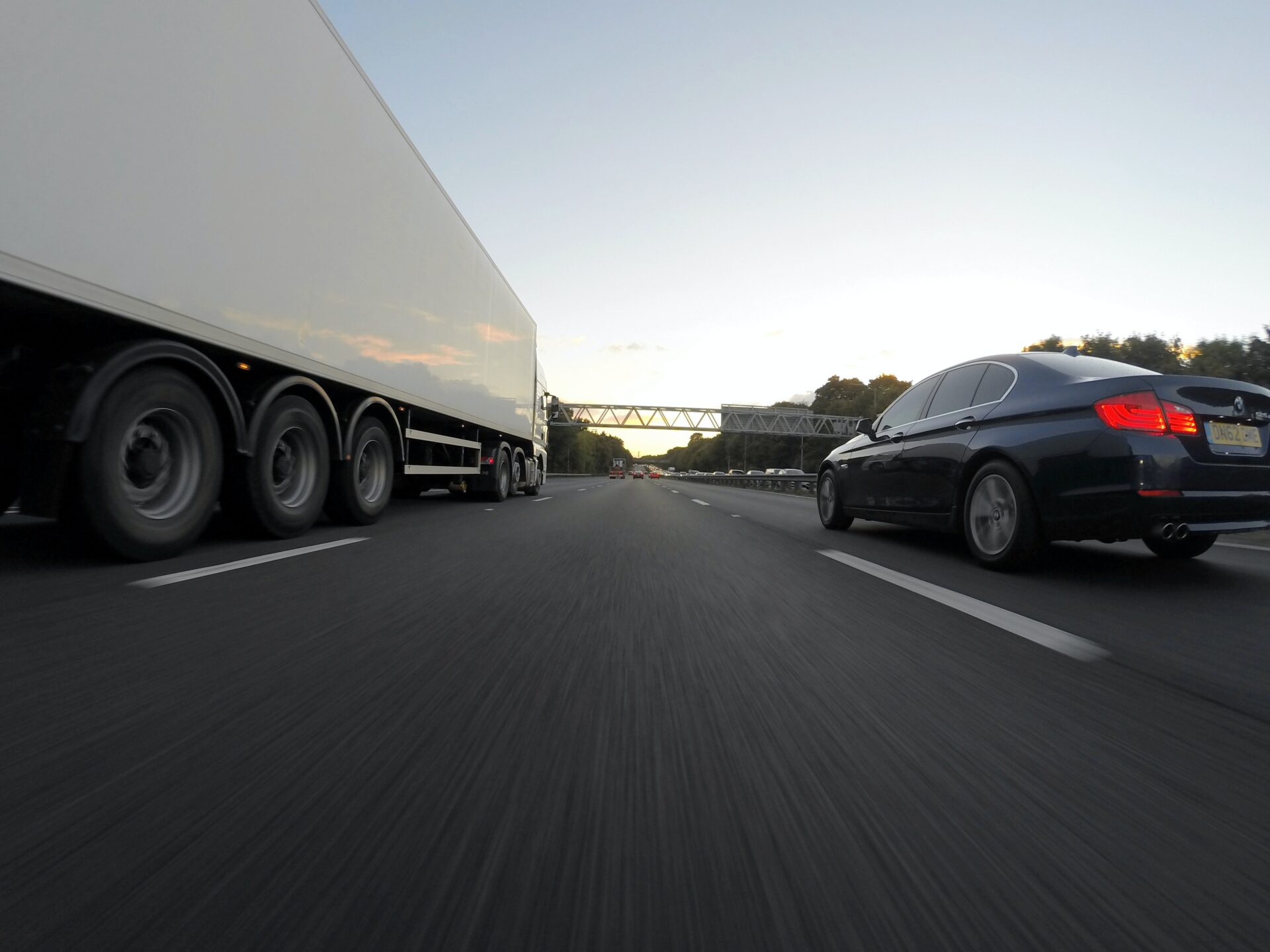
Fuel prices are currently a hot topic in workplaces and homes around the country. Economists believe increased fuel costs have already increased the cost of goods for your business and everyday goods in your shopping basket. Truck drivers having to pay more at the pump is a significant factor in these increases. A popular topic for politicians to raise is a temporary waiver of fuel excise. So what is fuel excise and how does it affect the cost of fuel?
Fuel Excise
The Australian Government imposes fuel excise on petrol and diesel. The fuel excise rate, adjusted from time to time, is currently 44.2 cents per litre. Of the fuel excise collected, over 93% is invested in land transport infrastructure. (Source: https://www.aaa.asn.au/fuel-excise-explained/)
Here’s a link to a calculator where you can check how much fuel excise you pay annually.
While everyone pays their fair share on every litre of fuel consumed, however, there are some exemptions on the fuel excise.
Fuel Tax Credit
A business can claim fuel tax credit when the fuel is used in:
- machinery
- plant
- equipment
- heavy vehicles and
- light vehicles travelling off public roads or on private roads.
It usually applies to the mining industry and agriculture industry where their vehicles and equipment are not travelling on public roads. The rebate is not applicable for businesses with light vehicles travelling on public roads. If you would like to know if your business is qualified to claim fuel tax credit, you can contact us.
Zero Emission Technology
The Guardian suggests that the electronic vehicle contributes 1.95% of the new car market with 20,665 in total, where Tesla occupies 58.5% of this market in 2020. Electric cars don’t use fuel, so therefore aren’t impacted by the fuel excise. They still however have access to roads and related infrastructure that the fuel excise funds. Electric cars are subject to other taxes. Want to know more and how it may impact your business contact us.

